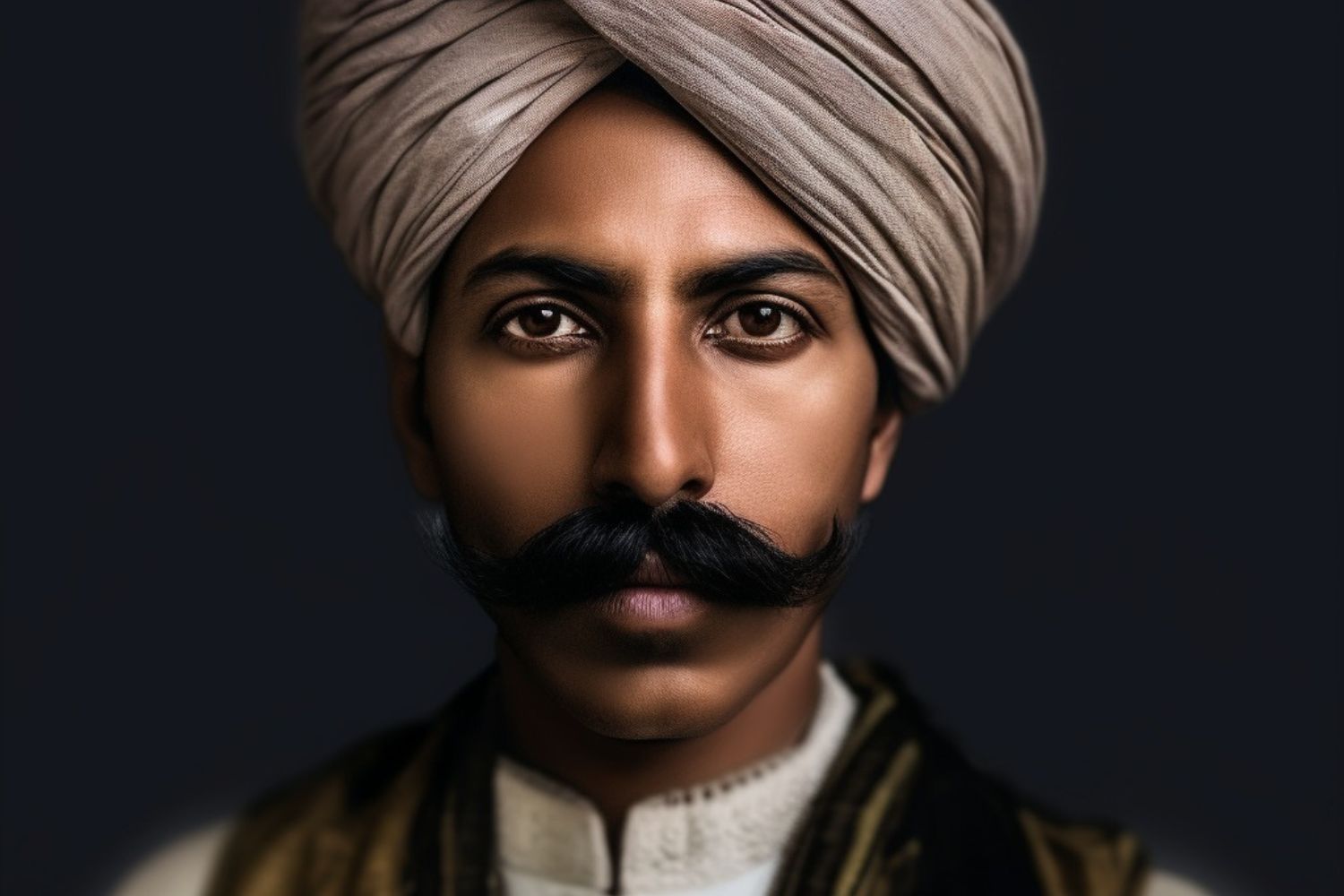
Reality TV has become a staple in modern entertainment, captivating audiences with its unscripted drama, quirky characters, and unexpected twists. But have you ever wondered what goes on behind the scenes? Reality TV isn't just about what you see on screen; there's a whole world of fascinating facts that make these shows tick. From the first reality show to the staggering amount of footage filmed, these tidbits will give you a new perspective on your favorite guilty pleasure. Whether you're a die-hard fan or a casual viewer, these 29 facts about Reality TV will surprise and entertain you. Ready to dive in? Let's get started!
Key Takeaways:
- Reality TV has a long history, dating back to the 1940s, and has influenced pop culture in significant ways, from fashion to language.
- Behind the scenes, reality TV involves strict contracts, psychological support for contestants, and even manipulation to create drama. Despite controversies, it remains a global phenomenon with a promising future.
The Origins of Reality TV
Reality TV has become a staple in modern entertainment. Let's dive into some fascinating facts about its origins and evolution.
-
The first reality TV show is often considered to be "Candid Camera," which debuted in 1948. It featured hidden cameras capturing people's reactions to pranks.
-
"An American Family," aired in 1973, is credited with being the first reality TV series. It followed the daily lives of the Loud family and was groundbreaking for its time.
-
MTV's "The Real World," which premiered in 1992, is one of the longest-running reality TV shows. It set the stage for many modern reality TV formats.
-
The term "reality TV" became popular in the early 2000s, even though the genre had been around for decades.
The Impact on Pop Culture
Reality TV has had a significant impact on pop culture, influencing everything from fashion to language.
-
"Survivor," which premiered in 2000, is one of the most influential reality TV shows. It popularized the concept of voting contestants off the show.
-
"Big Brother," another early 2000s hit, introduced the idea of contestants living together under constant surveillance.
-
"Keeping Up with the Kardashians," which started in 2007, has had a massive impact on social media and celebrity culture.
-
Reality TV stars often become celebrities in their own right, with many launching successful careers in other fields.
Controversies and Criticisms
While reality TV is popular, it has also faced its share of controversies and criticisms.
-
Many reality TV shows have been accused of being scripted or heavily edited to create drama.
-
Some shows have faced backlash for exploiting participants or promoting negative stereotypes.
-
The "Real Housewives" franchise has been criticized for its portrayal of women and its focus on materialism.
-
"Teen Mom" has faced criticism for glamorizing teen pregnancy, despite its aim to show the challenges young mothers face.
Behind the Scenes
Ever wondered what goes on behind the scenes of your favorite reality TV shows? Here are some insider facts.
-
Contestants on shows like "Survivor" and "The Bachelor" often have to sign extensive contracts with strict confidentiality clauses.
-
Producers sometimes manipulate situations to create more drama, a practice known as "frankenbiting."
-
Many reality TV shows have psychologists on staff to help contestants deal with the stress of being on camera.
-
Some shows, like "The Amazing Race," require contestants to undergo physical and mental health screenings before participating.
Global Phenomenon
Reality TV isn't just an American phenomenon; it has a global reach.
-
"Big Brother" has been adapted in over 50 countries, making it one of the most internationally successful reality TV formats.
-
"MasterChef" has versions in more than 40 countries, showcasing culinary talent from around the world.
-
"The Voice" has been adapted in over 60 countries, highlighting the global appeal of singing competitions.
-
"Got Talent" franchises, including "America's Got Talent" and "Britain's Got Talent," have discovered talent from all corners of the globe.
The Psychology of Reality TV
Why do people love reality TV so much? Let's explore the psychology behind its appeal.
-
Reality TV offers viewers a sense of escapism, allowing them to immerse themselves in someone else's life.
-
The genre often features relatable characters, making it easy for viewers to connect with them emotionally.
-
Reality TV provides a sense of unpredictability, keeping viewers on the edge of their seats.
-
The competitive nature of many reality TV shows taps into viewers' natural desire to see who will come out on top.
The Future of Reality TV
What does the future hold for reality TV? Here are some trends and predictions.
-
Streaming platforms like Netflix and Hulu are producing their own reality TV shows, expanding the genre's reach.
-
Virtual reality (VR) and augmented reality (AR) could revolutionize the way viewers experience reality TV.
-
Social media integration is becoming increasingly important, with many shows encouraging viewers to interact online.
-
Reality TV is likely to continue evolving, with new formats and concepts constantly being developed.
-
Despite its controversies, reality TV shows no signs of slowing down, remaining a dominant force in the entertainment industry.
Final Thoughts on Reality TV
Reality TV has become a major part of our entertainment world. From unexpected drama to heartfelt moments, these shows offer a mix of real-life and scripted content that keeps viewers hooked. Whether it's the competitive spirit of "Survivor" or the glamorous lives showcased in "Keeping Up with the Kardashians," reality TV has something for everyone. It's fascinating to see how these shows have evolved over the years, adapting to changing tastes and technologies. They give us a peek into different lifestyles, cultures, and personalities, making us feel connected to people we might never meet. As we continue to watch and enjoy these programs, it's clear that reality TV isn't going anywhere anytime soon. So, next time you tune in, remember there's more to these shows than meets the eye.
Frequently Asked Questions
Was this page helpful?
Our commitment to delivering trustworthy and engaging content is at the heart of what we do. Each fact on our site is contributed by real users like you, bringing a wealth of diverse insights and information. To ensure the highest standards of accuracy and reliability, our dedicated editors meticulously review each submission. This process guarantees that the facts we share are not only fascinating but also credible. Trust in our commitment to quality and authenticity as you explore and learn with us.


